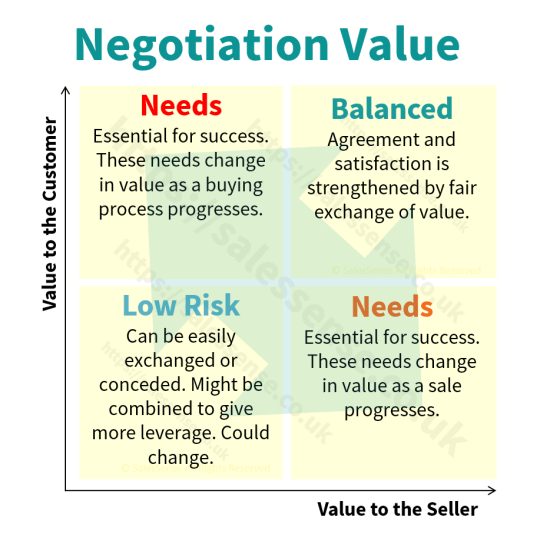Whenever anyone asks you for a concession, negotiate referrals.

The most obvious time to negotiate referrals is when you are asked for a discount! Even if you have no need to agree on a discount, it will be a profitable trade if you can get a few referrals in exchange for a modest reduction in price.
If a customer asks for a lower price:
Say, "If we could help you with that, could you agree to make some introductions to people like you who would benefit from our services?"
Ask for personal introductions. If you get resistance, you could soften the request to firm or soft referrals or recommendations. See types of referrals here.
When you have settled on how many introductions they will make, coach them on what to say. Ask them to summarise their reasons for buying and the results they expect from doing business with you.
Or have the customer write to their contacts and explain the same things.
Write their recommendation for them.
Or at the very least, get referral contact details and a letter of introduction there and then.
Even if you are not asked for a discount or do not negotiate on price, you can still leverage this idea.
Whenever you are asked for a favour or concession you want to agree to, ask for something inconsequential in return. The person asking is likely to be grateful to have a way of compensating you so ask for an introduction, referral, or recommendation.
Here is a Guide for Negotiating Referrals
Referrals can be a powerful tool for growing your business. Here's a step-by-step guide to help you effectively negotiate referrals with your clients, partners, and network.
1. Understand the Value Proposition
Making referrals or introductions is a zero-cost concession for buyers yet can be worth thousands to a seller. Never concede anything without asking for something in return. Introductions and referrals are easy concessions to win when negotiating commercial terms and much harder to obtain afterwards.
2. Negotiate
Use "if we could, what could you offer in return" phraseology to explore the acceptable number of introductions or referrals that the buyer would find acceptable.
3. Take Notes
Note the specifics of any trade, concession, or agreement and verify that your notes are correct during the meeting or conversation.
4. Confirm Agreements in Writing
Write to the customer immediately to confirm the specifics of the negotiated referral agreement.
5. Help the Customer Recognise Suitable Referrals
Offer guidance or materials to help the customer make good referrals.
6. Maintain the Relationship
Seek post-sales support opportunities to show appreciation for successful referrals and to remind customers about any outstanding referral obligations. Consider additional rewards for successful referrals to encourage continuation after the negotiated referral commitment is discharged.
This is the eighteenth of 18 referral prospecting methods shared on this site. See the others here.
If you want to get competitor referrals or introductions from other sources, we can help. Call +44 (0)1392 851500. Alternatively, use the contact form here or send an email to jimm@salessense.co.uk.










